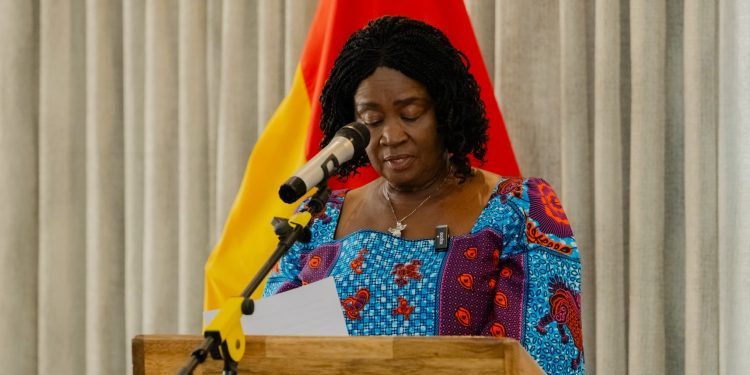Charles Kwadwo Fosu, the acclaimed Ghanaian musician known professionally as Daddy Lumba, has died at the age of 60, prompting a wave of tributes from political leaders, industry peers, and fans across the globe. The veteran Highlife artist passed away on July 26 at the Bank Hospital in Accra, according to a family statement. No cause of death was immediately disclosed.
President John Dramani Mahama was among the first to react publicly, describing Lumba’s death as a profound loss to Ghana’s cultural landscape. In a statement shared on Facebook, the former president called Lumba’s contributions “unmatched,” noting that his music served as “the soundtrack to our lives.”
“The beats to his memorable songs may have died down,” Mr. Mahama wrote, “but his enduring legacy will echo through the ages.”
Lumba’s passing ends a career spanning more than four decades and over 30 albums, many of which helped shape the modern trajectory of Highlife music—Ghana’s signature genre blending indigenous rhythms with Western instrumentation. His hits, including “Aben Woha,” “Sika Asem,” “Theresa” and “Yentie Obiaa,” became anthems that resonated across generations and social strata.
Born in 1965 in Nsuta-Amangoase in the Ashanti Region, Fosu first gained national attention in the late 1980s with a distinct style that fused Highlife, Afro-pop, gospel, and contemporary influences. His lyrical themes, often rooted in love, life’s hardships, and social commentary, earned him both critical acclaim and a loyal fan base at home and abroad.
Tributes poured in from across Ghana’s political and cultural landscape following the news of his death. Social media platforms were flooded with condolences and memories, with many Ghanaians highlighting his influence not just as a musician but as a cultural icon whose work mirrored the country’s evolving identity.
“Daddy Lumba didn’t just make music—he created emotional archives,” said Kojo Antwi, a fellow Highlife legend. “His songs were lived experiences, deeply felt by millions.”
Lumba’s death comes at a time when Ghana is witnessing a renewed appreciation for Highlife music, both as a cultural export and a historical touchstone. While the genre has seen competition from Afrobeats and other contemporary African sounds, artists like Lumba helped modernize and preserve it, ensuring its continued relevance.
Industry observers credit Lumba’s enduring success to his adaptability and keen sense of audience expectations. Despite shifting musical trends, he remained commercially and culturally relevant well into the 21st century, a rare feat in Ghana’s volatile entertainment market.
Details surrounding funeral arrangements are expected to be released by the family in the coming days.
As Ghana mourns, President Mahama’s words may offer the most fitting eulogy: while the voice has gone silent, the music—and the legacy—will continue to resonate.













